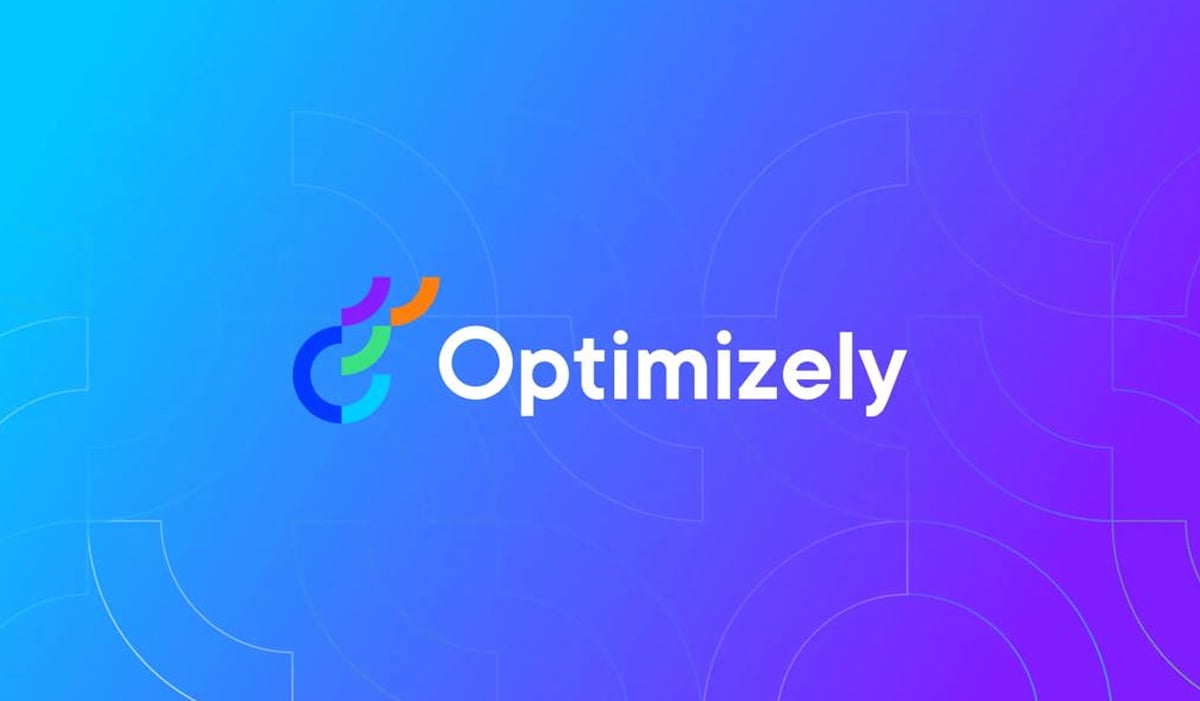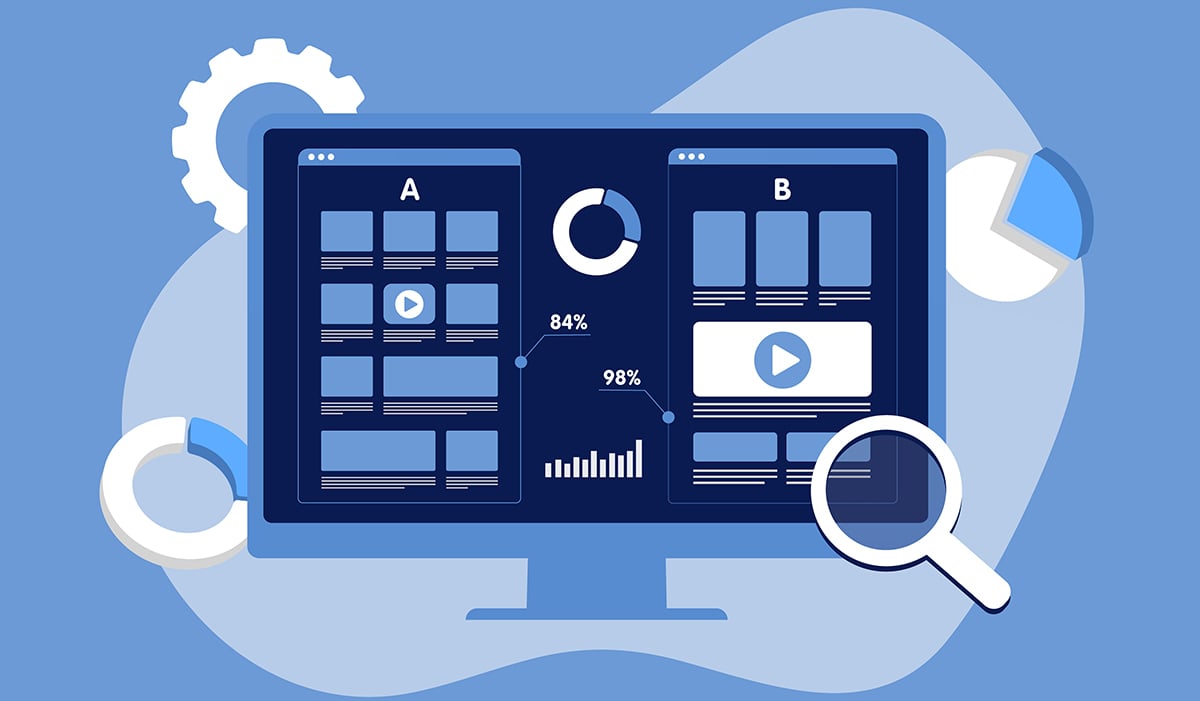Once regarded as a luxury, websites are a staple of the business landscape. The pandemic’s forced closure of brick-and-mortar shops reinforced the need for a strong digital presence. But building a premium website with a high conversion rate doesn’t come easily.
Web analytics tools empower businesses to easily identify high-performing areas of their websites and assess those that require work. It doesn’t matter if you’re a publisher trying to drive traffic to your content or an agency searching for new business-to-business (B2B) leads - split testing is a valuable asset.
But whilst Google Optimize has been the go-to plug-in for more than a decade, news that the software is sunsetting in September 2023 means marketers need to source its replacement. Google has endorsed three third-party tech stacks to be Optimize’s successor - Optimizely, VWO and AB Tasty.
Appius has conducted in-depth analysis of the would-be replacements. And although they all provide the same general features such as A/B testing and split URL testing, Optimizely’s comprehensive analytical suite and robust framework makes it the perfect platform to be seamlessly integrated into your existing set-up.
There is only one frontrunner…

The ‘Multi-armed Bandit’ test and ‘Stats Accelerator’ immediately put Optimizely on the front foot. The former is an advanced A/B/n test that dynamically adjusts the level of traffic across each variant. Funnelling traffic towards the highest performing variant over time (particularly short periods like promotions or events) enables businesses to avoid negatively impacting their website’s usual results.
The ‘Stats Accelerator’ is pivotal in enabling Optimizely to consistently deliver rapid results. This unique setting - which is applied to a range of tests across the platform - allows traffic distribution to be adjusted dynamically, in this case ensuring statistically significant results are delivered faster.
But these are just the tip of the iceberg. Google Optimize’s departure shouldn’t prompt a complete revamp of your existing tech stack. Optimizely’s ability to support multiple integrations - including GA4 and Salesforce - immediately stands it apart from the ground.
It doesn’t matter if your business is keenly monitoring its website’s traffic and engagement rates or want to deliver personalised digital experiences with ease. Opting for Optimizely is the most effective way to avoid a hazardous migration process. You can continue using your preferred platforms without sacrificing the platform’s enhanced testing capabilities.
Optimizely is also the only prospective replacement that supports both Bayesian and frequentist stats. This range of statistical analysis options can allow your business to tailor the framework to best support their website’s needs. What’s more, the platform’s automated throttling delivers statistically significant conclusions from your split tests faster than manual allocation, allowing you to streamline the optimisation process and save yourself time and resources.
In terms of pricing, there is also potential for offsetting the platform’s costs. Optimizely is the only Google Optimize alternative that can use Google Cloud credits towards the payment.
Checking out the competition
Both VWO and AB Tasty have standout features that have made them suitors to Google Optimize’s position.
VWO’s behavioural analytics suite - which include heatmaps, funnels and session recordings - make it a one-stop-shop for website optimisation. AB Tasty’s standout selling-point is its overwhelming focus on personalisation. Audience templates can be used to quickly get your optimisation campaign off the ground. Its widget library allows you to insert specific widgets down the line and adjust them without additional technical support.
But neither are the complete package. VWO relies solely on Bayesian stats, meaning inaccurate optimisation results are a frequent occurrence. Similarly, its ‘intelligent test results’ are more likely to create false positives. Both are detrimental to your business’ long-term website optimisation strategy.
AB Tasty’s failure to support high-profile integrations such as Salesforce cannot be ignored; this will stunt your customer relationship management (CRM) capabilities. What’s more, the lack of automated throttling means you are slower to get statistical significance from your split tests. AB Tasty also follows VWO in only using Bayesian statistics.
Need a helping hand?
There isn’t a one-size-fits-all web analytics tool. Each tech stack has its own unique benefits that can augment your optimisation efforts - but that doesn’t mean that
Appius is staying on the fence. Optimizely’s ability to support multiple integrations and multi-page experiments means it is poised to take Google Optimize’s long-held throne.
Appius is a full service digital agency with specialist data scientists with experience of implementing Google Optimize and other alternative platforms and solutions. If you would like to discuss how we can support you in migrating to Optimizely - or how to best leverage your existing technology stack moving forward - don’t hesitate to contact us.


.png?width=120&height=120&name=Toby%20hubspot%20(1).png)



SUBMIT YOUR COMMENT